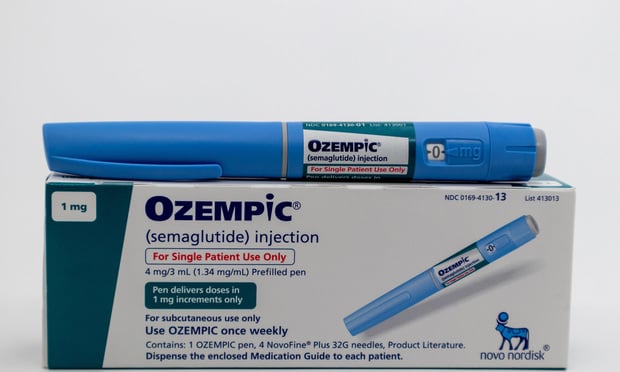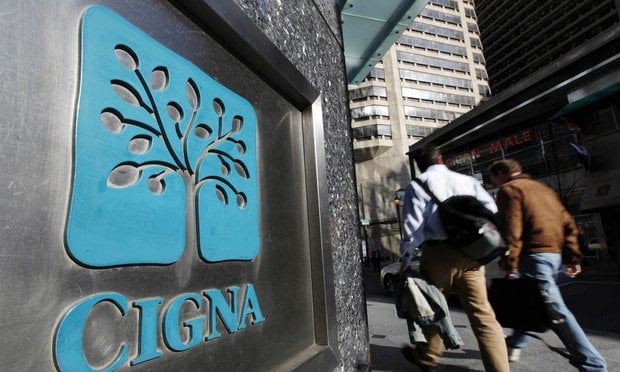(Bloomberg) -- Obamacare-loving California led the nation in embracing the health-care law, and in enrolling its citizens for 2014 coverage.
This year, however, sign-ups for private health plans in California, New York and other states that opted to build and run their own insurance markets has stagnated. Yet in more conservative parts of the country that declined to participate and where enrollment is run by the federal government, sign-ups have surged.
That includes Florida, where Governor Rick Scott opposes the law. After a 2012 Supreme Court decision affirming it, Scott said that “the entire act should have been held invalid.” For 2015, 1.6 million Floridians chose insurance plans sold through the federal healthcare.gov system, 62 percent more than a year before, according to an analysis by Charles Gaba, a blogger in Bloomfield Hills, Michigan, who has accurately predicted enrollment under the law.
Recommended For You
Complete your profile to continue reading and get FREE access to BenefitsPRO, part of your ALM digital membership.
Your access to unlimited BenefitsPRO content isn’t changing.
Once you are an ALM digital member, you’ll receive:
- Breaking benefits news and analysis, on-site and via our newsletters and custom alerts
- Educational webcasts, white papers, and ebooks from industry thought leaders
- Critical converage of the property casualty insurance and financial advisory markets on our other ALM sites, PropertyCasualty360 and ThinkAdvisor
Already have an account? Sign In Now
© 2025 ALM Global, LLC, All Rights Reserved. Request academic re-use from www.copyright.com. All other uses, submit a request to [email protected]. For more information visit Asset & Logo Licensing.








